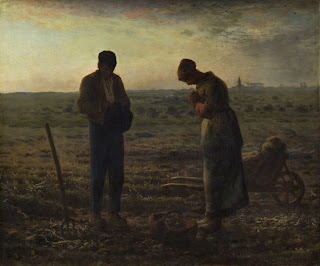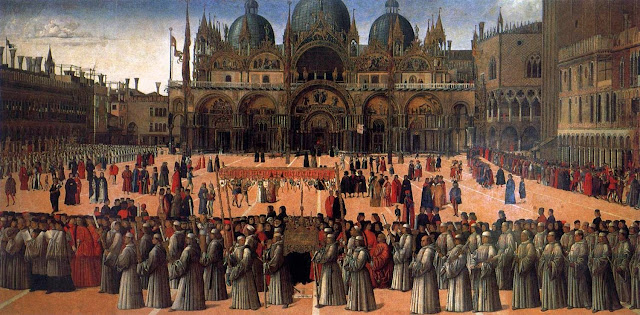So Great a Salvation
Wisdom 1:13-15; 2:23-24 II Corinthians 8:7, 9, 13-15 St. Mark 5:21-43 Death is not our natural end, according to the Wisdom of Solomon. It is a ruinous consequence of the separation brought between us and God our Maker. He states emphatically, "God did not make death." (Wis. 1:13) Death is a deviation, a corruption of the Created order. Christ Pantochrator Sixth Century So when the Creator descended into His creation, it is no wonder that He came with life in his very touch. The prophet Malachi anticipated the incarnation powerfully, "For you who revere my name the sun of righteousness shall rise, with healing in its wings." God did not make death, but made all things to persist. So Christ comes as "the Resurrection and the Life," and even the fringe of his robe brings healing to the wounds of the world. This restoration, this renewal of Creation by the entrance of Life itself, of Truth itself, into the fabric of the fallen world, brings with i...

